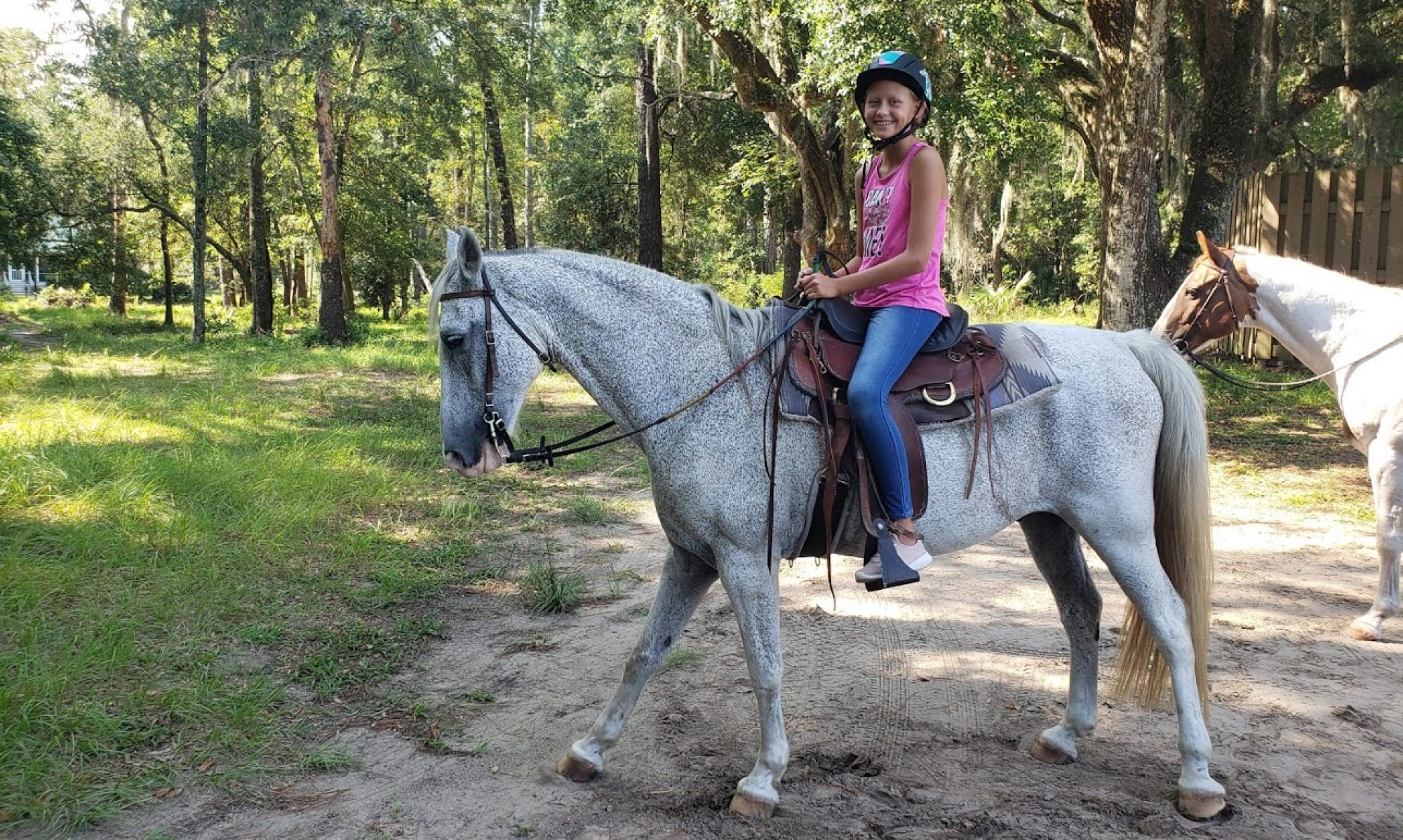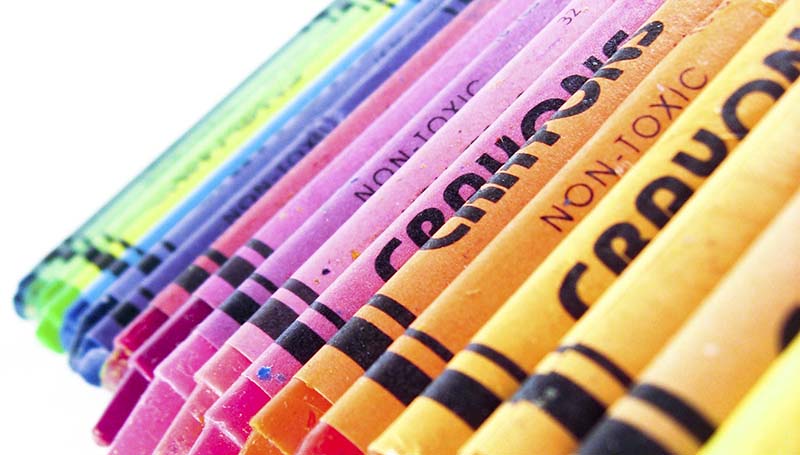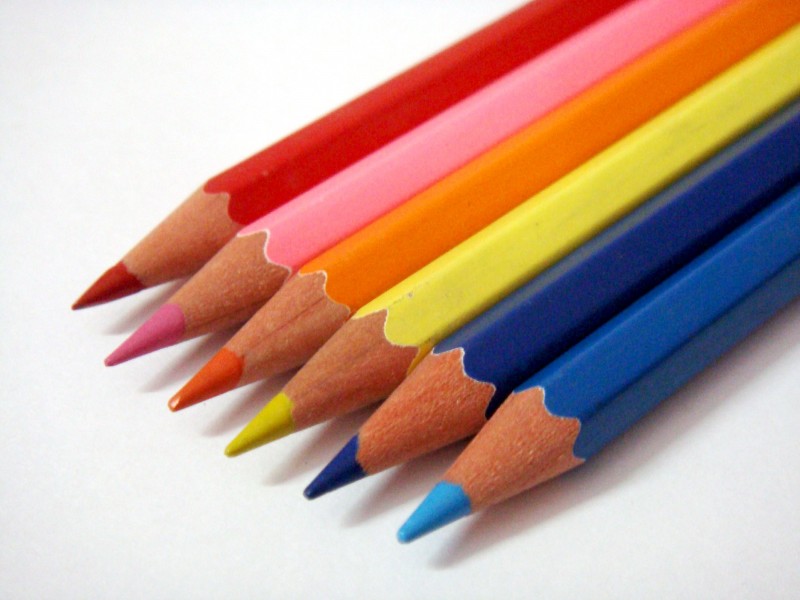Everyone says that 3rd grade is a leap. And I would definitely agree.
I would add though, that even though it’s a leap. Pushing my 3rd grader to achieve has not been extremely hard. She was definitely ready for 3rd grade.
Heading into 3rd grade? Here’s a few differences I’ve noticed between the first couple years of school and 3rd.
- You must be reading – everything for a 3rd grader assumes that the child is reading on or above grade level. A lot of books are for 3rd to 5th graders. It’s really important that your child be reading on at least grade level or you can have them there before the end of the year. Even her Sunday School teachers assume that all the 3rd graders are reading, capable of finding a specific page in their Bible, and can follow along while other kids in the group read.Just a quick plug for reading comprehension worksheets. If you want to know how your 3rd grader is doing reading, these are awesome! The ones I have give her 4.5 minutes to read a one page story and answer 5 questions on the back of the page. She’s usually done with about a minute to spare. It’s been great for increasing her reading confidence. And for increasing my confidence in her reading. We done one a week and it’s like a quick little test just to check that she’s where she should be at with her reading.
- More Independent learning – it’s assumed that a 3rd grader is capable of achieving some things on their own with minimal assistance. I can help her understand instructions as needed but unlike K-2nd her school work is not designed for me to be standing next to her assisting every second.I’m not saying I just hand stuff to her and tell her to figure it out. We definitely walk through new concepts and challenging concepts together. For example, multiplication with more than one digit in the multiplicand. Sometimes she gets it, sometimes she doesn’t. So, I walk her through problems as needed. But sections with concepts that she already knows well, I tell her to do them and grade them when she’s done.There’s even a couple of subjects, handwriting, spelling, Bible, and sometimes English, that she’ll tell me she wants to do on her own without any assistance. She does them well on her own and lets me know if she doesn’t understand something. So I’m happy to let her do it.
- More Independence – This kind of goes hand in hand with point #2. It’s perfectly acceptable for me to drop her off at dance lessons and return 2 hours later to pick her up when her class is over. She can handle her class change, shoe change, and between class water and snack on her own. And I’m not alone in this. None of the moms of 3rd graders are sitting in the lobby for their child’s entire dance class.
- Critical Thinking Skills – You can teach a kindergartner critical thinking skills every day and most of them just don’t fully get it. In 3rd grade, you actually have a chance. A 3rd grader can handle thinking through things.In math, this would be your story problems. In science and history it’s your open-ended questions like what happens if we do something different? Or why do you think this person did this? No more blank looks of “what are you talking about mom?”. My 3rd grader has lots of opinions about how science experiments should turn out before I even finish telling her what we’re going to do.
- More Steps per problem – She’s expected to remember all 11 capitalization rules and find all the missing capitals in a sentence. In math she is doing more complex problems like long division. We still practice our addition, subtraction, multiplication, and division tables because she needs to get faster, but it’s assumed that she at least knows how to do this.
- Independent Thinking – 3rd grade is where I’m seeing a lot more independent thinking. More questions like why is this actually a rule? And why do we do this this way?I just love the questions! I want my children to ask questions. If I don’t know the answer, we look it up. Sometimes the answer isn’t what she’s expecting. (sometimes we just do something a certain way because that’s how I like it, there’s no other reason). Sometimes it’s fun (like is the cheetah or the ostrich faster?). But, overall, it’s an increased awareness and curiosity about the world around her. A greater awareness of how others around her are feeling and what they might think about something. Or the realization that just because we’ve always done something a certain way doesn’t mean it’s the only way to do it.
I really just love this age! We can finally have more interesting conversations and she likes to sit and talk with me about what’s going on in her life. It’s such a fun age of discovery, asking questions, and engaging more.


